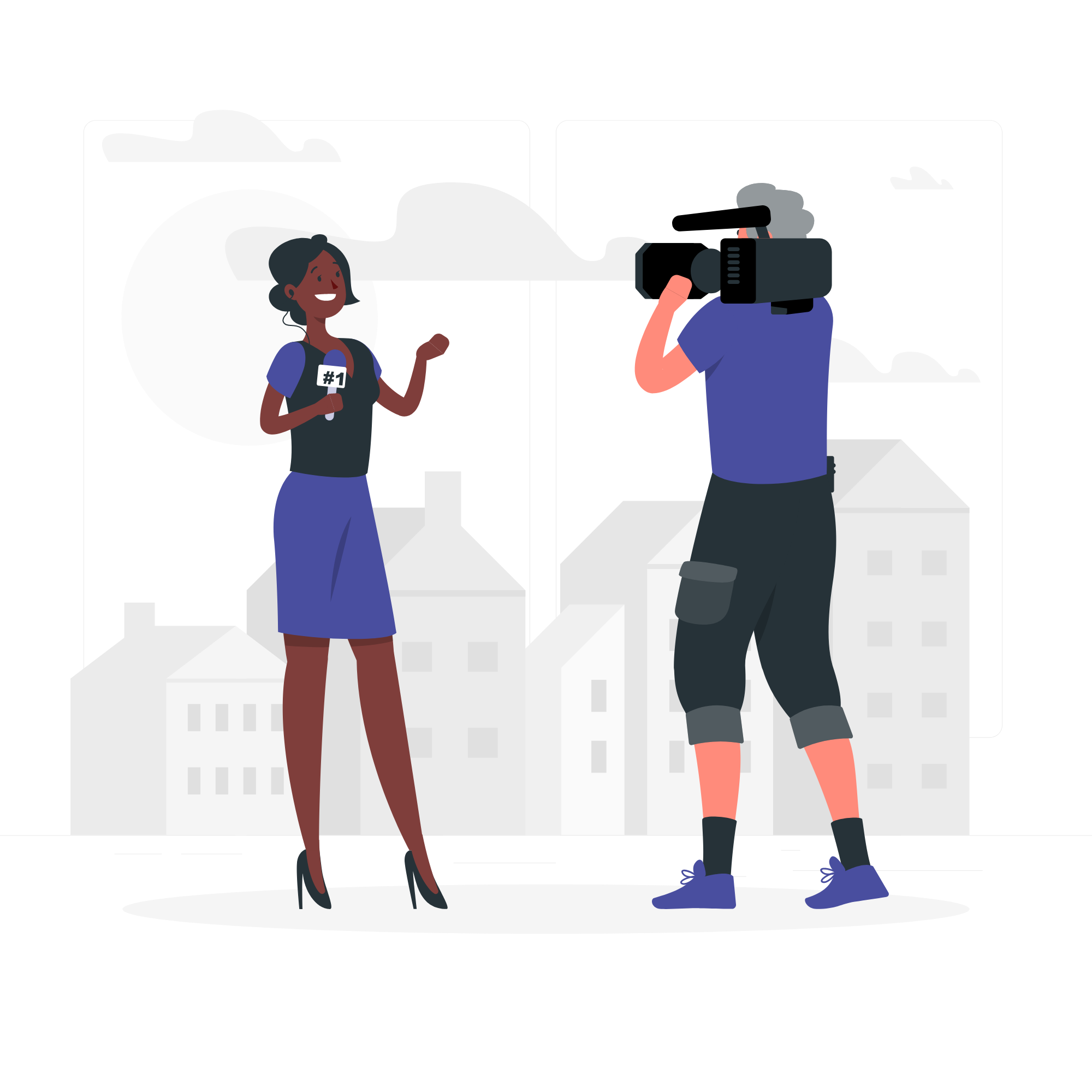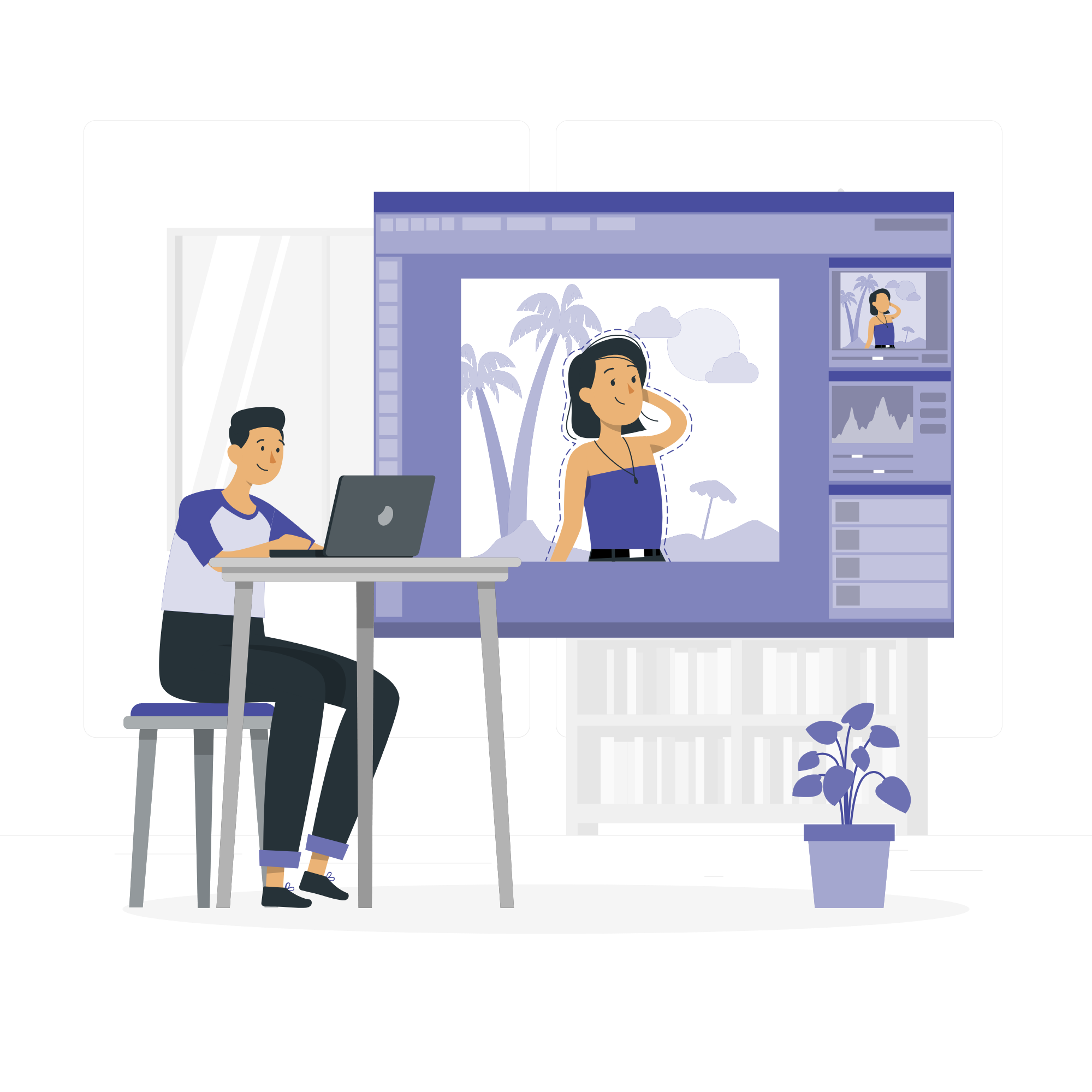Media and Communication

The Industry of Media
What are media and communications?
What do you learn from a media and communications degree?
Eligibilities for admission in media and communication study
Course study structure and assessment methods
Media and communication specialisations

Communications and new media
If you are interested in digital media and its rapid evolutions, specialising in communications and new media is likely to be the right choice. The focus here is on recently developed and developing technologies, such as 'interactive' media on digital platforms. In addition, students can take some course modules taught from within the computer studies department.

Social media
A specialisation in social media is for those passionate about this significant recent addition to the global communications sector. You'll learn about the evolution, standards, and applications of social media and networking sites such as Facebook, Twitter, Instagram, Pinterest, and Tumblr

Journalism
One of the most popular specialisations for those interested in media careers, Journalism can be studied as a degree course in its own right or as a specialisation within a media and communication studies course. This field will introduce you to various journalistic platforms and processes, including professional skills such as working in a newsroom, finding sources, and presenting a story to the public.

Publishing and editing
A specialisation in publishing and editing is designed for those interested in pursuing media careers within the publishing industry. You’ll cover magazine publishing, newspaper publishing, book publishing, and new media. Other valuable modules may include business development, publication marketing and distribution, graphic design, copyediting, and legal issues.

Radio and TV broadcasting
Suppose your passion lies within the field of radio and TV broadcasting. In that case, you'll be looking for a media studies course that allows you to gain the professional knowledge and skills needed to get a foot onto the ladder in these highly competitive sectors. You'll learn about each stage that goes into creating a TV or radio program – choosing the right story or concept, filming or recording

Film and media studies
A film and media studies specialisation is likely to be the top choice for anyone interested in working in the film industry – perhaps as a producer, scriptwriter/editor or critic. Courses in this field are again likely to combine theoretical and practical aspects, giving students a range of analytical and professional skills.
Get Quick! It wont be Free forever!
Request a Free Consultation

